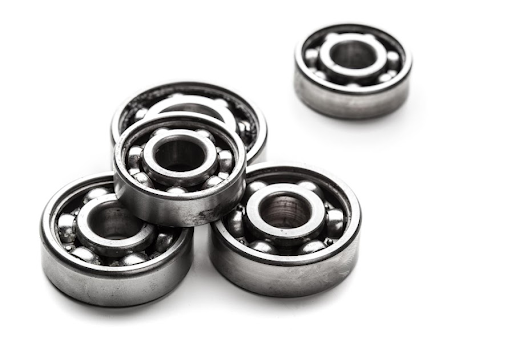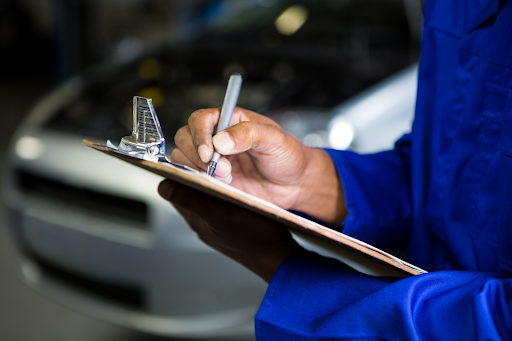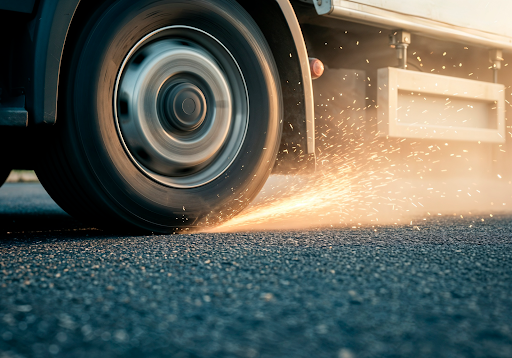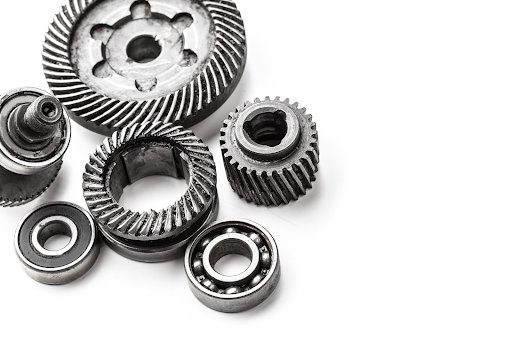Bearings play a critical role in the smooth functioning of commercial vehicles. These small yet powerful components enable the rotation of wheels, shafts, and other moving parts while reducing friction. Over time, even the best bearings wear out due to load, heat, and contamination. Ignoring early warning signs can result in breakdowns, costly repairs, or road emergencies.
Replacing worn bearings at the right time keeps your vehicle safe, efficient, and road-ready. This is why fleet operators prefer Tata genuine bearings, which are designed for high durability and heavy-duty performance under Indian road conditions.
1. Unusual Noises While Driving
One of the first indicators of bearing wear is a change in how the vehicle sounds. Bearings are meant to operate silently, so any unusual noise could signal trouble.
Listen for:
- Grinding or growling during wheel movement
- Humming or rumbling that increases with speed
- Clicking or clunking when turning or shifting load
These sounds often point to metal-on-metal contact due to internal damage or lack of lubrication.
2. Increased Vibration and Wheel Play
Worn bearings create extra play in the wheels or rotating shafts, resulting in unwanted vibration and reduced vehicle stability.
Check for:
- Steering wheel vibration on smooth roads
- Excessive wheel movement during manual checks
- Wobble or uneven rotation when the vehicle is lifted
Too much play usually indicates that the bearing has lost its secure fit, leading to stress on suspension components.
3. Warning Signs While Braking
Although bearings don’t directly affect braking, worn-out bearings can shift wheel alignment, affecting brake performance.
Watch for:
- Vehicle pulling to one side while braking
- Brake pedal vibration or pulsation
- Noticeable heat near the wheel area after stopping
These symptoms are often mistaken for brake pad or disc issues but can actually stem from a failing bearing.
4. Uneven Tyre Wear
Healthy bearings help maintain proper alignment. When they wear out, they can cause uneven load distribution, leading to irregular tyre wear.
Warning signs:
- One side of the tyre wears faster than the other
- Scalloped or cupped wear marks on the edges
- Unusual tyre noise at high speeds
Frequent tyre changes may point to hidden bearing issues.
5. Visible Damage or Leakage Around Bearings
Visual inspections during servicing or tyre replacement can reveal physical signs of bearing wear.
Look for:
- Leaking grease near the wheel hub
- Rust, corrosion, or scoring on the bearing housing
- Loose, cracked, or torn bearing seals
Early detection of visual damage can prevent more serious mechanical issues.
6. Heat Build-up During Long Drives
Bearings reduce friction. When they wear out, friction increases, leading to heat build-up around the wheel or rotating part.
Indicators of overheating:
- A warm or burning smell after long trips
- Wheel hubs that feel hot to the touch
- Brake fade due to nearby heat build-up
Overheated bearings can also degrade lubricants and affect nearby parts.
7. Load and Route Conditions Accelerate Wear
Commercial vehicles regularly face heavy loads, rough terrain, and stop-start traffic, which speed up bearing wear.
Factors that reduce bearing life:
- Constant heavy cargo
- Bad or unpaved road surfaces
- Repeated braking in city traffic
- Driving through waterlogged areas
Even Tata genuine bearings, built for demanding use, require timely replacement under such conditions.
8. Observations Matter More Than Just Scheduled Checks
Scheduled maintenance is important, but relying only on fixed intervals can be risky. Bearings may fail early due to external impact or contamination.
Best practices:
- Inspect bearings during wheel alignment and brake checks
- Monitor unusual vibrations or noises in daily operations
- Involve drivers in reporting any abnormal vehicle behaviour
Small observations can prevent major failures and protect your fleet.
Why Timely Replacement Matters
Tata genuine bearings are engineered to last, but like all mechanical components, they require replacement once signs of wear appear. Replacing bearings on time helps:
- Avoid sudden breakdowns
- Maintain fuel efficiency
- Reduce long-term repair costs
- Improve overall safety and stability
Keeping Commercial Vehicles Running Smoothly
Smart fleet operators understand that maintenance starts with attention to detail. Noise, vibration, tyre wear, or heat, these are all signals your vehicle gives you.
By trusting Tata Genuine Parts India, commercial fleet managers gain access to high-quality bearings designed for Indian roads and conditions.
Because when the foundation is strong, the journey stays smooth, mile after mile.





